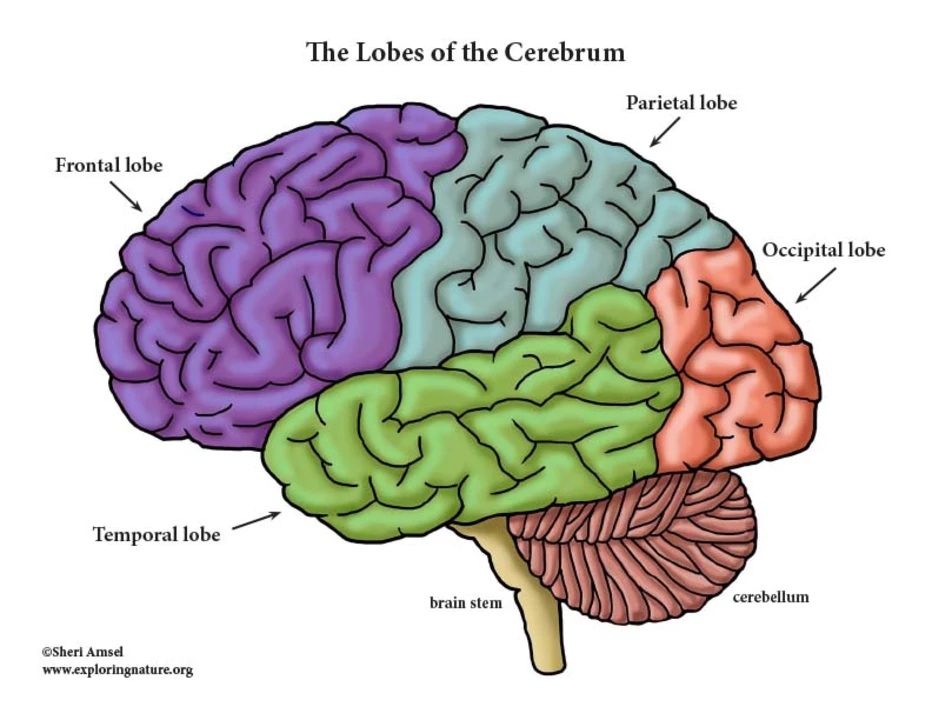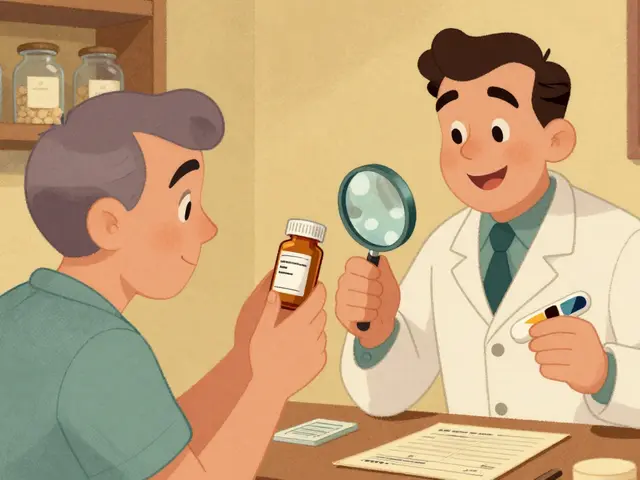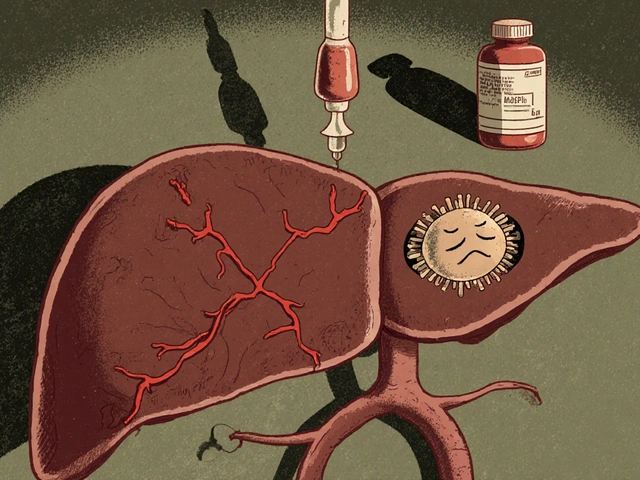Elderly medication guide: stay safe, stay informed
Older adults take more medicines than younger people. That raises the risk of side effects, interactions, and confusion. Want simple, useful steps to lower that risk? This page pulls the best practical tips and points to trustworthy reads—like how blood pressure meds work, why diuretics matter, and when citrus fruit can be a hidden drug problem.
Common med issues for seniors
Many problems are predictable. Kidney or liver changes with age alter how drugs are cleared. That changes doses for medicines like Lasix (furosemide) or certain antibiotics. Blood pressure meds such as losartan (Cozaar) can cause dizziness and low blood pressure after standing—watch for falls. Cholesterol choices now include options beyond statins; articles here explain bempedoic acid vs atorvastatin if you’re exploring alternatives.
Also watch for drug–food interactions. Grapefruit is famous for this, but Seville oranges, pomelos and some juices can also change drug levels. That matters for blood pressure drugs, cholesterol meds, and many others. Respiratory meds deserve attention too: OTC inhalers like Primatene Mist contain epinephrine and aren’t a straight swap for prescribed asthma inhalers.
Practical tips: manage meds and buy safely
Start with one clear list. Put every prescription, OTC drug, supplement, and herb on a single sheet. Bring it to every doctor and pharmacy visit. Ask your pharmacist for a medication review at least once a year—tell them about kidney issues, dizziness, or recent hospital stays.
Use easy tools: a weekly pill box, phone alarms, or blister packs from the pharmacy. For complex schedules, request a simplified regimen from your prescriber—sometimes the same benefit can come from fewer doses per day.
If you buy meds online, be careful. Some antibiotics and specialty drugs (Zyvox, Vidalista, Bactrim) require real prescriptions. Use pharmacies that ask for a prescription, show a physical address, and have clear contact info. Avoid sites that offer controlled or prescription-only meds without a doctor’s check.
Watch interactions between prescriptions and common supplements. For example, some cholesterol drugs plus certain supplements can raise side effects. If you have lung disease like emphysema or COPD, talk to your doctor before adding anything new—some treatments affect breathing and heart function.
Finally, involve a trusted person if memory is an issue. A family member or caregiver can help track doses, refill supplies, and spot dangerous combos. Regular reviews, clear lists, and cautious online shopping make a big difference to safety and peace of mind.
Want more details? Check the linked articles on blood pressure, diuretics, drug interactions with citrus, and safe online pharmacies for step-by-step help tailored to common senior issues.

The impact of nimodipine on cognitive function in the elderly
I recently came across a fascinating study about the impact of nimodipine on cognitive function in the elderly. It turns out that this calcium channel blocker, commonly used to treat high blood pressure, may also have some positive effects on our brain health as we age. The research suggests that nimodipine could potentially improve memory, focus, and overall cognitive function in older adults. While more studies are needed to confirm these findings, it's exciting to think that a medication typically prescribed for one purpose might also help keep our minds sharp as we grow older. I'll definitely be keeping an eye on future developments in this area!
Read More




